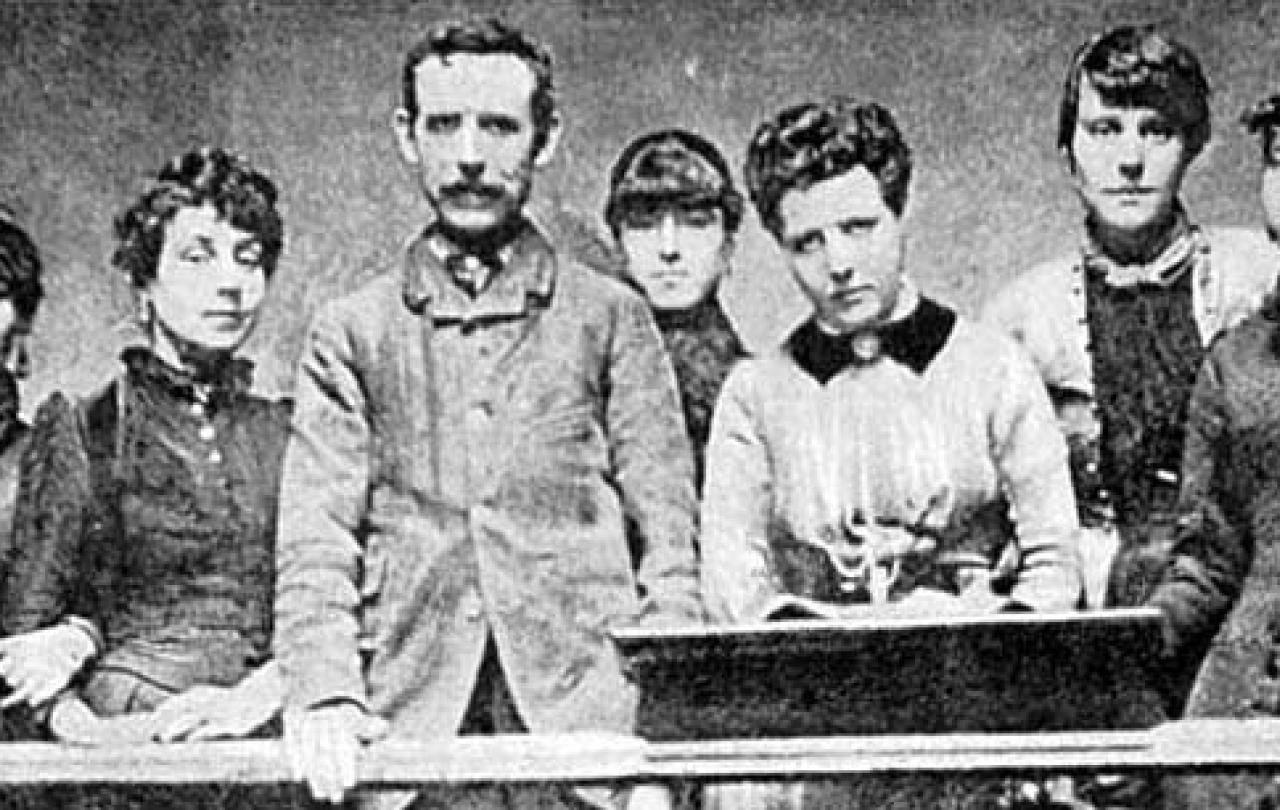
Is work-life balance just an excuse for people who hate their jobs? James Watt, the CEO of BrewDog, seems to think so. But is his vision of work-life integration the solution - or a recipe for burnout? Recently, Watt faced criticism for claiming that work-life balance was "invented by people who don’t like their job." Instead, he advocated for work-life integration, arguing that if you enjoy your work and want to achieve, it won’t feel burdensome to be constantly "switched on."
Watt is correct in some respects: extraordinary achievements often require extraordinary focus. Hard work can be immensely satisfying, providing purpose, goals, and rewards. However, Watt’s perspective lacks nuance and risks promoting a culture of overwork.
Work-life integration, as portrayed by Watt and his fiancée, Georgia Toffolo, revolves around relentless focus on achieving goals, coupled with a willingness to make significant sacrifices. It means finding a partner who champions your ambitions while relentlessly pursuing their own. For Watt and Toffolo, this appears to work—they seem to thrive as part of the privileged minority who genuinely enjoy every aspect of their work. But when viewed realistically, their vision of work-life integration paints a bleak picture. It involves checking emails during family meals, taking calls while driving, scheduling loved ones around work, and sacrificing whatever doesn’t fit. As Watt illustrated in his social media post, referencing figures like Sir Tom Hunter visiting sports stores with his children or Sam Walton working in his warehouse on Saturdays, this isn’t about integrating work into life - it’s about subordinating life to work.
In many ways, the hustle culture that Watt embodies mirrors modern unrealistic beauty standards. Just as social media often promotes unattainable images of physical perfection, Watt’s idealised version of work-life integration advocates a way of life that leaves little room for other forms of hard work - relationships, parenting, creativity, or rest.
The backlash against Watt was swift, and Gen Z’s ‘quiet quitting’ movement has been lauded as a counterpoint to this culture of overwork. By prioritising mental well-being and relationships, quiet quitters resist the idea that their entire identity should be tied to their job. However, they too risk missing the point. A reactionary disengagement from work, while understandable, does not offer a holistic vision of life where every area - work, rest, relationships - receives the effort and attention it deserves.
Work - life balance isn’t about doing the bare minimum at your job or resenting periods of intense work. It’s about recognising that work is one part of life, and other areas - relationships, hobbies, rest - demand hard work too. The challenge, then, is not to reject work but to embrace the harder, more deliberate work of rest.
A radical alternative: working hard at rest
What could a meaningful alternative look like? It might involve working hard at work, yes, but also working hard at rest.
As a vicar in Canary Wharf, one of London’s financial hubs, I regularly see young professionals wrestling with the tension between ambition and rest. They understand the demands of their careers and the effort required to achieve extraordinary goals. But they also grapple with the reality of burnout and the importance of mental health. Watt’s vision of work, without clear boundaries, poses a danger: the mental load of being "always on" accelerates burnout and diminishes the joy of achievement.
The biblical concept of Sabbath offers an ancient yet powerful antidote to the demands of both overwork and disengagement. It reminds us that work is good, but so is rest. By intentionally organising and prioritising rest, we resist the cultural pull of constant hustle and grind. Taking one day each week to step away from work entirely—no emails, no calls, no productivity—becomes an act of resistance.
Sabbath rest allows us to engage deeply with other areas of life. It provides the space to focus on relationships, creativity, and renewal without the constant demands of work encroaching on every moment. This doesn’t mean filling the day with endless activities—brunches, housewarmings, and run clubs are good, but Sabbath also requires intentional space for rest and reflection. In ancient farming societies, Sabbath for the land meant leaving fields unplanted, allowing them to regenerate naturally. The same principle applies to us: regular rhythms of rest make us healthier, more focused, and more productive when we return to work.
Seeking balance while recognising that work is part of life isn’t a sign of weakness—it’s wisdom. Sabbath rest isn’t a retreat from ambition but a way to ensure our goals don’t overshadow the rest of life. Success isn’t just about professional achievements; it’s about thriving in every area - work, relationships, creativity, and rest.
What if rest wasn’t a sign of weakness but a declaration of what truly matters? What if success meant working hard, not just at our jobs, but also at rest, relationships, and the things that bring us joy?
Join with us - Behind the Seen
Seen & Unseen is free for everyone and is made possible through the generosity of our amazing community of supporters.
If you’re enjoying Seen & Unseen, would you consider making a gift towards our work?
Alongside other benefits (book discounts etc.), you’ll receive an extra fortnightly email from me sharing what I’m reading and my reflections on the ideas that are shaping our times.
Graham Tomlin
Editor-in-Chief






